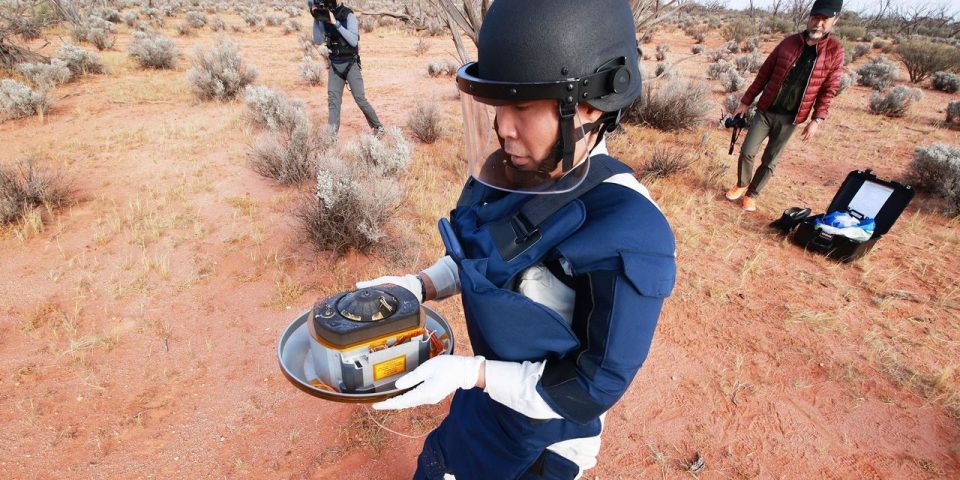
TOKYO—Japan’s space agency on Sunday successfully retrieved a capsule of asteroid dust dropped off by the space probe Hayabusa 2, with hopes it will carry hints about how life started on Earth.
The retrieval in the Australian outback was the latest feat in a competition among the world’s major scientific powers, including the U.S. and China, to bring back samples from extraterrestrial bodies. Alongside scientific research, one goal is to figure out what kind of places might be suitable someday for mineral extraction.
On Dec. 1, China said it landed a probe on the moon in humanity’s first bid since the 1970s to return lunar rocks to the Earth. The U.S. has its own asteroid mission that recently grabbed as much as 2 pounds of material from the asteroid Bennu, with return to Earth scheduled in 2023.
Japan’s Hayabusa 2 probe blasted off six years ago on its journey to Ryugu, a boxy miniplanet about a half-mile across that circles the sun mostly between the orbits of Earth and Mars. Last year, the probe collected two samples from the asteroid, including one from beneath the surface after firing a projectile to create an artificial crater.
After a journey of more than 3.2 billion miles, Hayabusa 2 flew by Earth this weekend and released a capsule that Japanese officials hope will contain at least 0.1 gram of asteroid material, the equivalent of a few grains of rice. The capsule sped through Earth’s atmosphere at 7 miles a second before extending a parachute that allowed it to glide down to a landing spot in Australia on Sunday morning local time.


